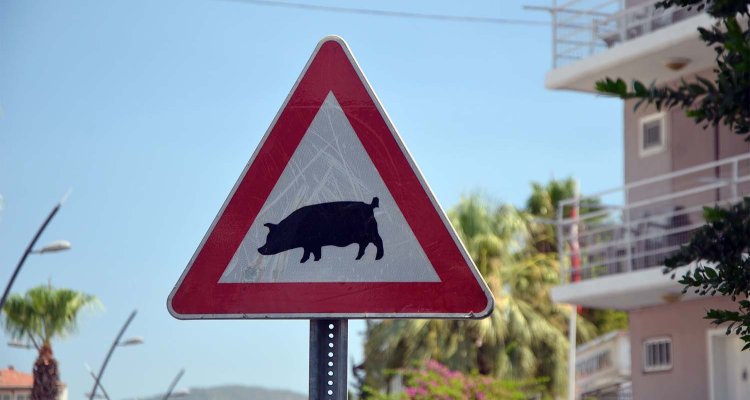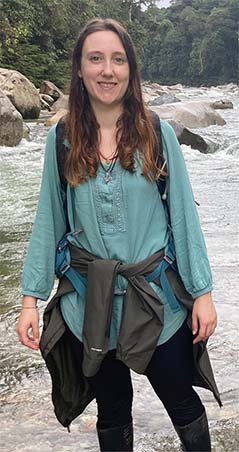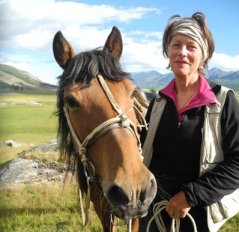
Activiteit
SG - Listening to Non-Human Voices
Ever heard of the non-human turn? Discover how this paradigm shift questions human-centred frameworks, and introduces among others multispecies justice (MSJ) as a concept that redefines politics and research in a vastly more-than-human world.
About Listening to Non-Human Voices
Ever heard of the non-human turn? Discover how this paradigm shift questions human-centred frameworks, and introduces among others multispecies justice (MSJ) as a concept that redefines politics and research in a vastly more-than-human world. It urges us to strengthen the agency and representation of non-humans – whose voices are being heard?
We'll delve into real-world examples, examining whether MSJ is a utopian ideal or an emerging reality. In our interconnected ecosystems, how can we amplify the voices of non-human entities like for instance badgers, or the North Sea? How can we foster richer dialogues? Get a taste of it yourself tonight! And take this opportunity to explore the challenges as well. Taking a more-than-human approach pushes us out our comfort zone, and troubles us and how we see each other in the world. What can this experience of discomfort bring us? And how can we know the perspectives and wishes of non-humans, and who is entitled to speak on behalf of them? Join us for a thought-provoking evening that promises to inspire and challenge your perspectives on voice, language, and communication in a multispecies society.
About series Rethinking Human-Nature Relationships
In recent years, there has been a growing interest in the role and agency of non-human actors, including other beings, ecosystems and landscapes. Initiatives that advocate for a more-than-human perspective gain traction, embracing post-anthropocentric thinking, as well as concepts like non-human rights and multispecies justice. These efforts challenge traditional views of nature and aim to empower non-human natural entities, such as farmed animals, coral reefs, and rivers.
In this series, we’ll explore this paradigm shift and how it invites us to rethink humanity’s place in the natural world. What explains the rising attention for the ‘more-than-human’, and what does it mean to empower non-human nature in practice? We’ll look at real initiatives that strive to better represent non-humans. To what extent do they contribute to meaningful change and what can we learn from them?
About Carlota Houart

Carlota holds a bachelor’s degree in International Relations and a master’s degree in Peace, Security and Development Studies from the University of Coimbra, Portugal. Her master’s research focused on Rights of Nature and the transformation of modern political communities. Currently, she is conducting her PhD research as part of the ERC-funded project “Riverhood – Living Rivers and New Water Justice Movements”, at Wageningen University.
Carlota’s PhD focuses on multispecies justice in rivers, through a political ecology lens. She has been working in the Ecuadorian Amazon rainforest and in the Netherlands. Over the years, she has also been involved in movements such as Extinction Rebellion and the Global Alliance for Rights of Nature. Carlota is passionate about peace-building, human-nature relations, and the intersections between social and ecological/multispecies justice.
About Living Landscapes Foundation

Living Landscapes believes in exploring, creating and sharing stories that connect us with other life forms in meaningful ways. The foundations believes in new mythologies and regenerative practices that make the world a more welcome place for all life forms. Its projects practice and explore embodied knowledge, place awareness, eco-poetic language, eco-poetic language, interspecies communication and the cooperation between humans and other life forms.
The Foundation facilitates a range of long-term and innovative projects initiated by explorer, pioneer, biologist and writer Arita Baaijens. The projects explore the various ways people and cultures relate to landscape, the sea and other life forms. Through embodied experiences, multimedia installations, books, essays, exhibitions and expeditions Baaijens shares insights and experiences. Deep mapping, rewilding the Dutch technocratic language and interspecies communication are the focus of recent projects. With special attention to Dutch landscapes and the North Sea.